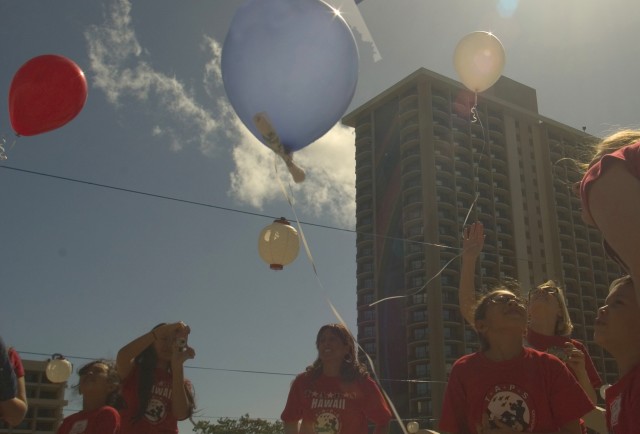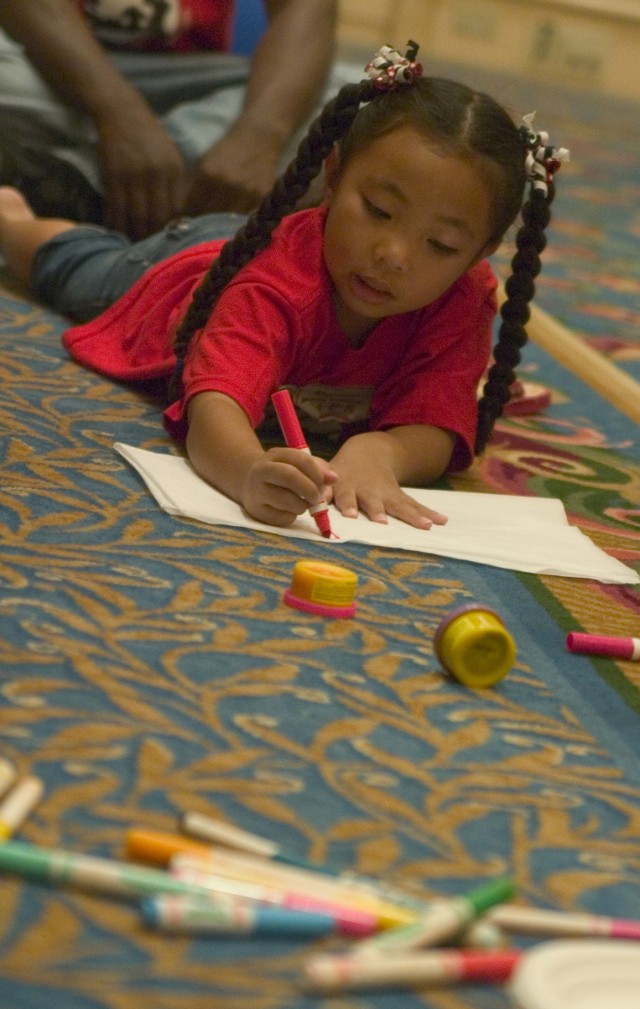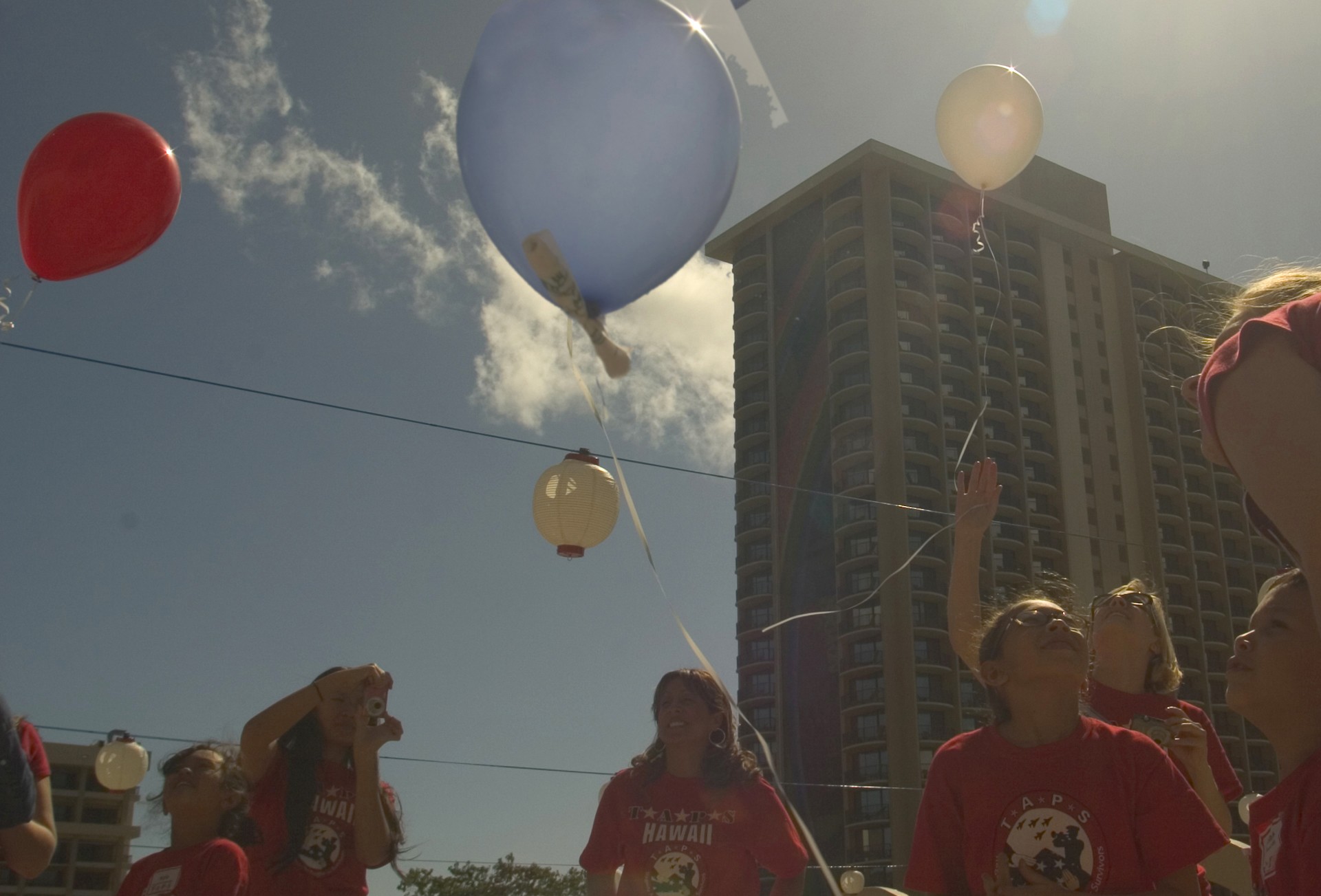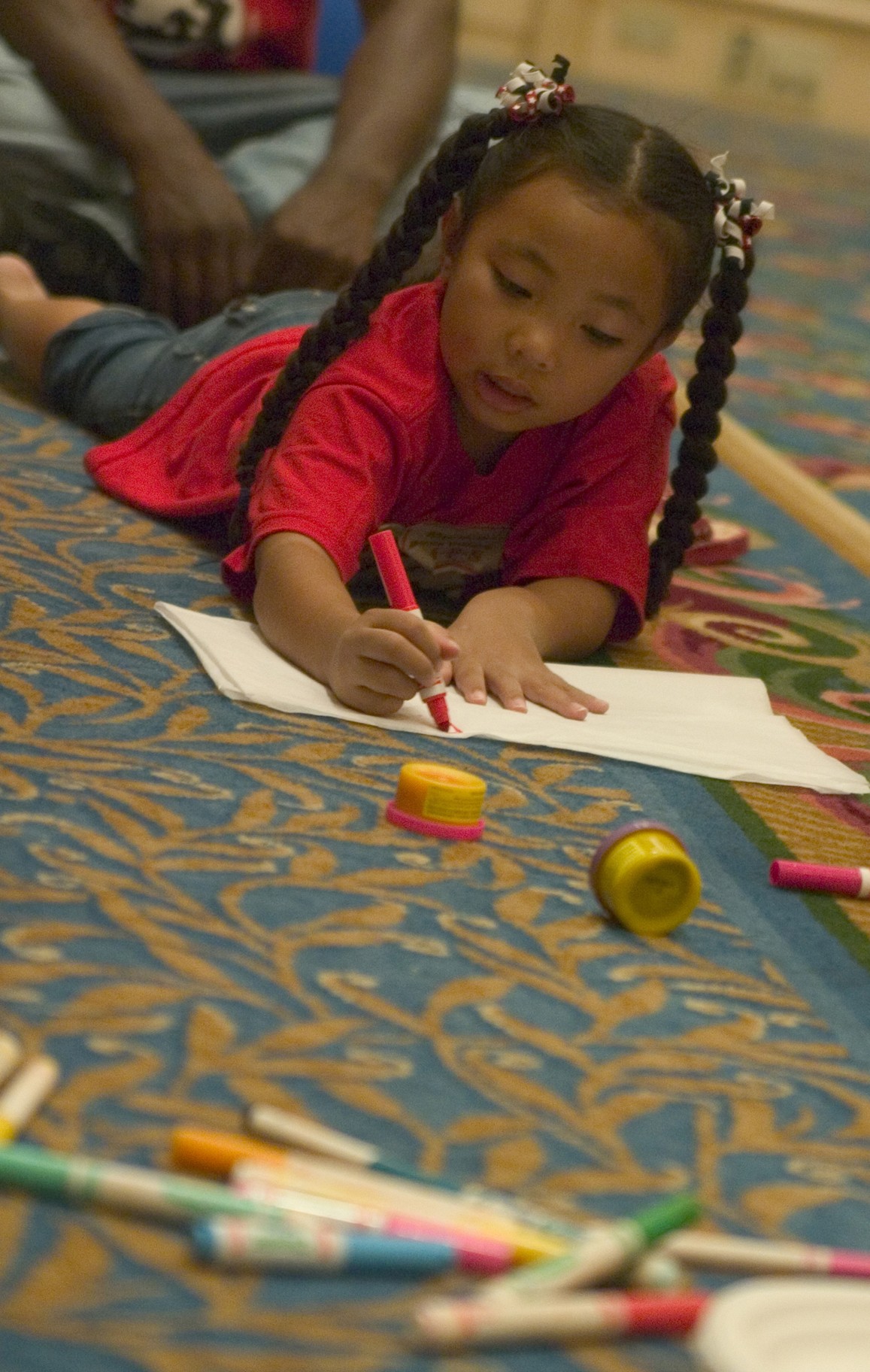HONOLULU - Ishmael Stagner reminisced about his childhood during the Tragedy Assistance Program for Survivors (TAPS) seminar at the Hilton Hawaiian Village here, Jan. 24.
Growing up in Pearl City during World War II opened his young eyes to the tragedies of war.
"As kids, we would watch the chaplain's black car drive through our neighborhood, bringing news of Soldiers killed," said Stagner. "I remember the feeling I got when I saw them coming near."
More than 60 years later, that same feeling rose through Stagner's body when he heard a knock on the door.
It was 5:30 a.m. when two Honolulu police officers greeted Stagner and his wife Carmen, bringing news of their son Brandon's death.
Brandon, a 32-year-old staff sergeant in the Air Force, was stationed in Alaska when he took his own life in November 2007, prior to his fourth deployment to Iraq.
Brandon suffered from post traumatic stress disorder, according to his parents. The couple attended the TAPS seminar to share their story and convene with other survivors.
"There are sisters, children, parents, spouses ... all people in various stages of grief here today," said Stagner. "You have that ohana of suffering, but you also have that ohana of support and help."
Wearing buttons with photos of fallen loved ones, more than 50 bereaved military family members gathered for the first-ever Hawaii seminar for TAPS to share stories and attend various classes.
The three-day program included training workshops for those working with surviving military families, survivor seminars for adults and battle buddies, as well as the "Good Grief Camp" for children.
Parents, spouses, siblings and battle buddies shared stories of grief with other survivors and spoke with counselors. Children and teenagers also spoke with counselors and wrote letters to their deceased parents. The letters were later tied to balloons and released into the sky.
TAPS is a national organization that provides ongoing emotional support and healing to all who are grieving the loss of a loved one who died in military service to America. Since 1994, TAPS has provided comfort and care, 24 hours a day, 7 days a week.
The program has assisted more than 25,000 surviving family members, casualty officers and caregivers. All services provided by TAPS are free of charge to surviving families.
Maj. Bonnie Carroll, Air Force Reserves, started the program after her husband, Brig. Gen. Tom Carroll, died in an Army C-12 plane crash in 1992.
"There were so many support groups out there, but none specifically for the military," said Carroll. "It is the military member that raises their right hand to pledge to protect and defend the Constitution of the United States, but it is the family that also serves to meet that mission.
"TAPS is their long term to support those families well after the military member is gone," she added.
Outreach Director Elizabeth Olsen, Army Community Service, volunteered to be the local point of contact for TAPS and hopes to make the survival seminars a regular event in Hawaii.
Olsen lost her son, Spc. Toby Olsen, Jan. 20, 2007, after an explosion hit his vehicle in Iraq. She discovered TAPS when attending the national remembrance ceremony for fallen troops in Washington, D.C.
"When you have so many people in the room that share a similar story, it can be emotionally overwhelming," said Olsen. "But, at times, you don't have to say a word, and they truly understand what you are going through.
"We are all fighting the same battle," she added.
Chad Weikel, battle buddy program manager for TAPS, lost his brother, Capt. Ian Weikel, almost three years ago.
Weikel said TAPS offers Soldiers and other military personnel a chance to connect with other servicemembers who have lost a buddy and provides an outlet to express feelings outside of the military.
"A lot of times, guys don't openly grieve," said Weikel. "After the funeral, I was surrounded by family and friends for a few weeks, then it stopped. Everyone went back to their everyday lives, but TAPS kept calling.
"They literally saved my life," said Weikel.
The journey through grief is different for each individual, but the compassion and understanding through TAPS and the peer network it provides creates a comfort and strength that cannot be measured.
"This is a process that isn't overcome overnight, but TAPS is here to bring us together and start the healing process," said Stagner, adding his son sacrificed greatly for his country and remains a hero in the eyes of his parents.
"But maybe the heroes are also the ones who live and have to go on," said Stagner.




Social Sharing